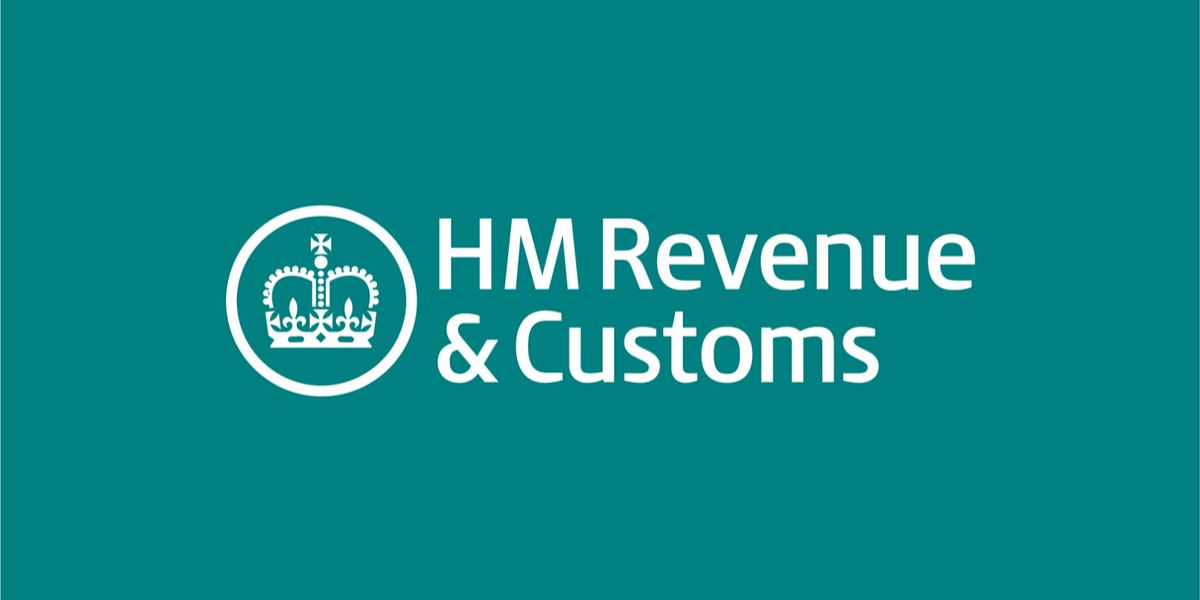His Majesty’s Revenue and Customs (HMRC) published a release on 8 May, 2024, advocating the early filing of self-assessment returns for the 2023/2024 tax year.
Customers can file their Self Assessment returns for the 2023 to 2024 tax year between 6 April, 2024, and 31 January, 2025.
Almost 300,000 Self Assessment customers filed their tax return in the first week of the new tax year, almost 10 months ahead of the deadline, as revealed by HMRC.
Nearly 70,000 individuals submitted their tax returns on the first day of the tax year (6 April), with HMRC urging taxpayers to file early rather than waiting until January.
Refunds of overpaid tax will be paid as soon as the return has been processed.
In recent years, HMRC has seen more and more customers file their tax returns early. Last year, more than 246,000 people submitted their Self Assessment between 6 and 12 April 2023.
HMRC has updated guidance on filing tax returns early and help around paying tax bills on GOV.UK.
Anyone who is new to Self Assessment and thinks they might need to complete a tax return for the 2023 to 2024 tax year can use the Self Assessment online tool to check whether they need to register for Self Assessment and submit a return.
People may need to complete a tax return for the 2023 to 2024 tax year and pay any tax owed if:
- they are a self-employed individual with an income over GBP 1,000
- they have received any untaxed income over GBP 2,500;
- they are renting out one or more properties;
- they claim Child Benefit, and they or their partner have an income above GBP 50,000;
- they are a partner in a partnership;
- their taxable income earned from savings and investments are more than the GBP 10,000 personal savings allowance;
- their taxable income earned from dividends is more than GBP 10,000;
- they have paid Capital Gains Tax on assets that were sold for a profit above the Capital Gains threshold.
Pensioners are required to pay Income Tax on any taxable income, including their pension income, above their Personal Allowance threshold.
Depending on the individual’s circumstances, there are various ways to pay any tax owed.
If one has already completed a Self Assessment tax return, they will need to report and pay via this route.
If they have a PAYE tax code, HMRC will automatically collect any tax through their tax code.














